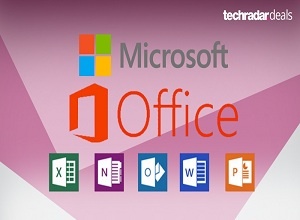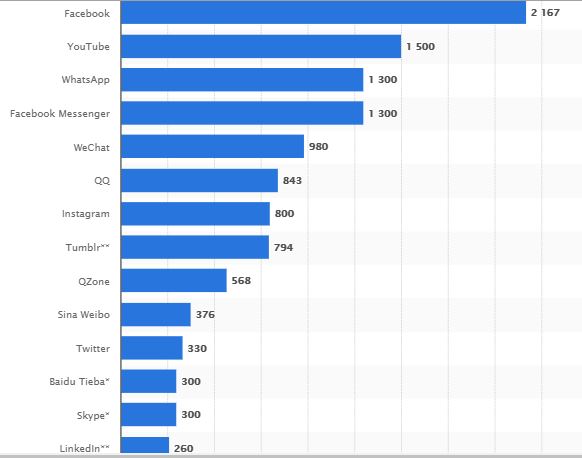It’s 2019, and the Cloud is everywhere—from the apps we use every day to the infrastructure of global tech giants.
According to researchers at Gartner, revenue generated from public cloud services is projected to grow 17.5 percent in 2019. This amounts to a total of $214.3 billion, up from $182.4 billion in 2018.
More than a third of organizations surveyed by Gartner saw cloud investments as a top three investment priority. With this kind of growth, tech organizations are racing to get on board with cloud-only software and platforms.
Here are some of the trends to look out for this year:
Hybrid Cloud, Multi-Cloud and Mergers

IBM announced its purchase of Red Hat last October, calling it the “most significant tech acquisition of 2018.” This combined Red Hat’s extensive network of open-source clouds with IBM’s Hybrid Cloud team.
Mergers like these are likely to become a trend this year, as companies see the benefit of using multiple clouds across all sectors of their organization.
Furthermore, this system will dominate in the future, as businesses find public clouds inadequate to meet every one of their requirements.
As a more flexible and functional solution, many organizations will shift to a network of multiple private, public and hybrid clouds in the future.
Serverless Cloud
Serverless computing is a young market in technology, but it will continue growing in 2019. It isn’t actually “serverless.” Instead, it is a cloud-computing model in which the cloud provider itself runs the server on a dynamic, as-used basis (FaaS).
Rather than buying server space, developers can use a back-end cloud service to code. They will only then pay for the server space they actually use.
As this relatively new technology develops, we can expect to see more companies providing and expanding their “serverless” offerings.
Artificial Intelligence

Although cloud technologies are growing exponentially, artificial intelligence (AI) could prove an even greater economic driving force. According to Accenture, the impact of AI could double economic growth rates by 2035 in developed countries.
Around 80 percent of large companies have adopted some form of AI, according to the Harvard Business Review.
Amazon, Twilio and Nvidia, to name a few, are thus, incorporating AI with cloud computing, next-gen GPUs and the Internet of Things (IoT). This has led to the developing of applications with “smart assistants,” and voice-to-text technologies.
Such a combination of AI and the cloud provides an extremely powerful and unconstrained computing network.
Security

Digital transformation is already underway, with Gartner also projecting that 83 percent of all workloads will shift to the cloud by 2020. However, this movement presents issues of cybersecurity.
Many businesses have not properly secured their cloud-stored data. For example, marketing and data aggregation firm Exactis left around 340 million records exposed on its cloud servers. This was uncovered in a data breach last year.
Mitigating factors
The implementation of the General Data Practice Regulations (GDPR) makes this even trickier. It affects cloud security, and IT companies will likely struggle to comply with these new laws while protecting sensitive information.
Cloud computing services are progressing exponentially, as are their new developments. The year 2019 will surely be filled with businesses pouring investment into enterprise solutions. This while expanding, securing, and implementing cloud technologies to their fullest extent.












